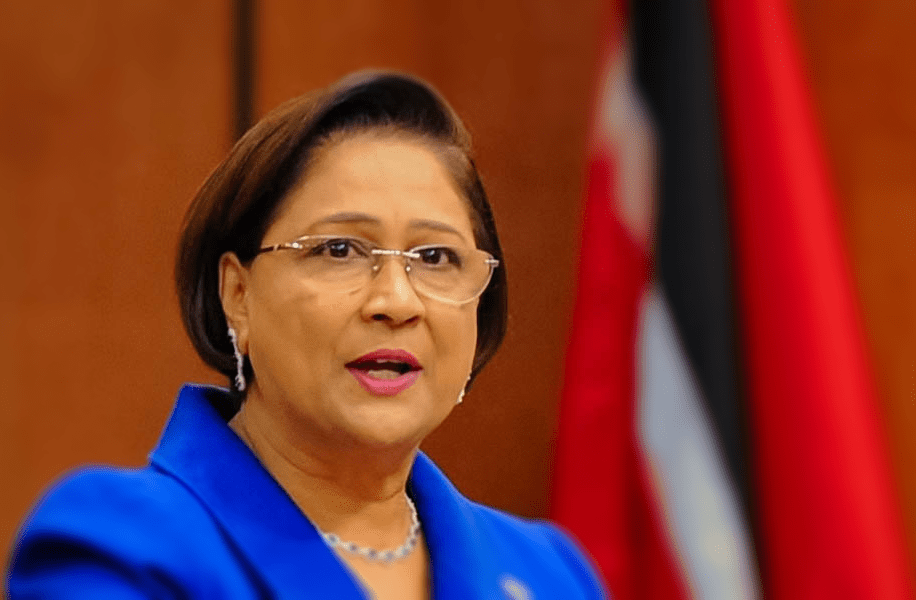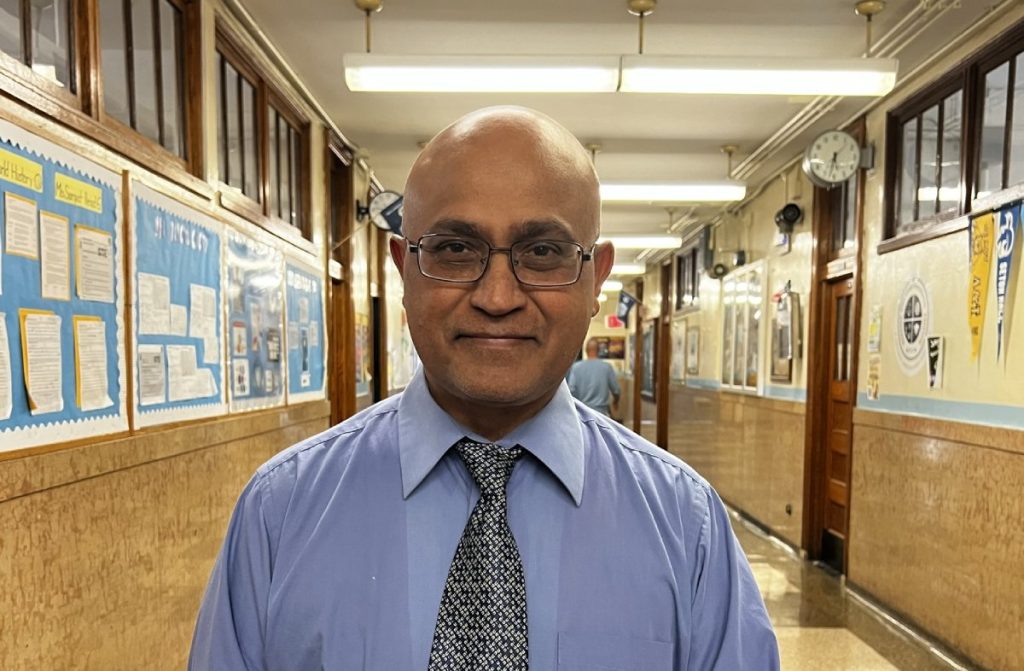The UNC of Trinidad and Tobago holds internal elections to choose party executives. The internal election in the opposition camp has been the talking point among supporters of the UNC and other political parties and political observers over the last several months as an ongoing opinion survey by NACTA has found. The survey was conducted by Dr Vishnu Bisram who has been conducting surveys since the 1980s.
Voters nationwide unanimously support the principle of participatory intra-party democracy in which members have a voice in selection of party leader and other executives and candidates for elective national and local elective office as well as in other aspects of the functioning of a party. But almost every respondent in the ongoing survey have expressed a lack of confidence in the integrity of the opposition UNC internal elections (to choose NATEX) slated for June 15. All UNC internal elections, except the first one in 2001 that was won by Ramesh Lawrence Maharaj’a slate, invoked fraud and skulduggery. Supporters of the UNC also expressed widespread dissatisfaction in the performance of most members of the Natex.
As the ongoing poll reveals, voters nationwide want change but fear manipulation of the UNC’s election process in favor of the status quo. They feel if there is a change in the status quo, there will be a robust, competitive election next year against the ruling PNM. The current ongoing survey of 520 respondents representing the demographic composition of the population reinforces findings of recent opinion polls that found that the incumbent PNM will retain office in general elections due by November 2025; the PNM is projected to pick up four seats from UNC in Trinidad with a competitive contest for two seats in Tobago. But regardless of the outcome in Tobago, the PNM will win enough seats in Trinidad to retain office. Voters, including supporters of the UNC, do not view the current composition of the UNC as a viable alternative to the PNM. Several of them face criminal proceedings and or ethical violations.
Voters say UNC intra-party democracy is essential for expansion of its base in order to improve its chance in next year elections. The results of every internal election were doubted and questioned since the first one in 2001. And there has been decreasing member participation in party elections since January 2010 with persistent allegations of fraud. It is felt that unless the elections are free and fair and credible, the result would lead to undesired outcomes such as lack of cohesion, factionalism, instability, and defections ultimately guaranteeing defeat in 2025.
Voters nationwide say that if the UNC is to be taken seriously the party’s election committee should hold a credible election that does not give advantage to any of the two competing slates and should be above reproach. The STAR, comprising mostly incumbents, backed by party leader Kamla Persad Bissessar, is being challenged by the United Patriots. The party leader position is not being contested as Kamla’s tenure expires next year.

Voters around the country urge effective participation. But only registered members can vote. The survey is projecting a higher turnout than the last internal in 2022 but significantly reduced from 2001 and 2010. The findings of the survey reveal that if the elections were open in which party supporters could vote, there would be a change in the Natex. But with only members being allowed to cast ballot, Kamla’s team enjoys an advantage among the masses in the grass roots base.
Voters say that Star Slate enjoys the advantages of incumbency and resources including funding with the deck stacked against United Patriots that is underfunded. Star, respondents point out, is being backed by 14 MPs, party organs and machinery, and some 80 Councillors and aldermen. Only five MPs and a handful of Councillors are with Patriots. The Patriots are strongly supported by floating independent voters; unfortunately, they are not party members who can vote. But an upset victory among some challengers is not ruled out since a large majority of party supporters and the population at large has been clamoring for change in the UNC to make it electable. There will be cross slate voting with many voters disapproving of incumbents on the Star slate that are a negative draw.
